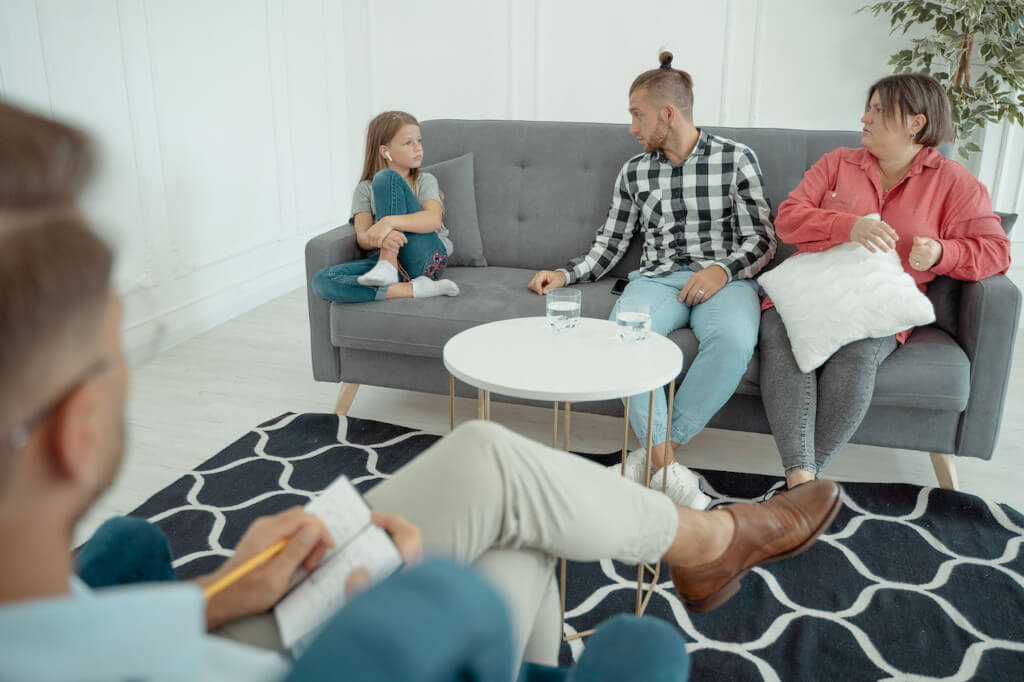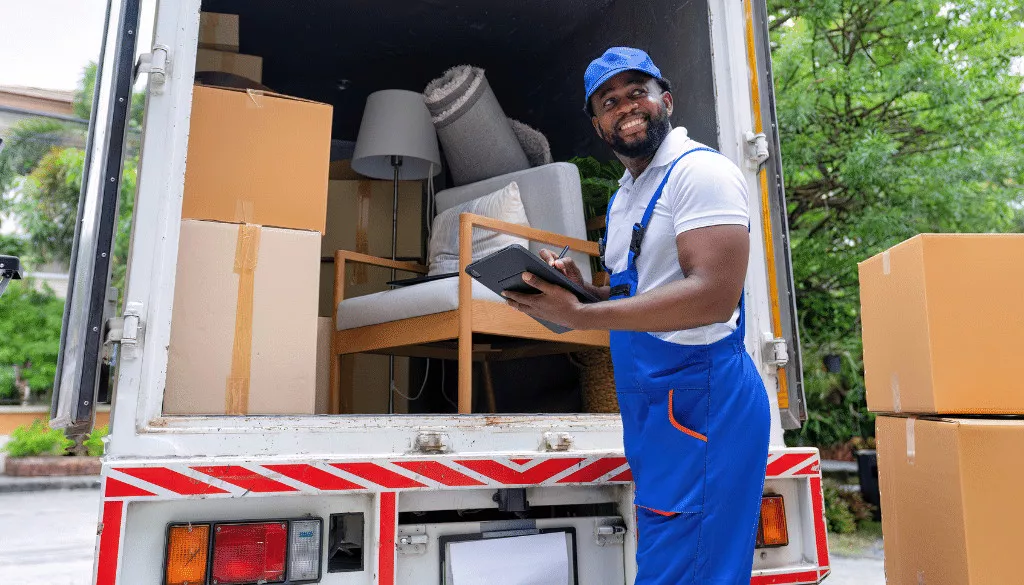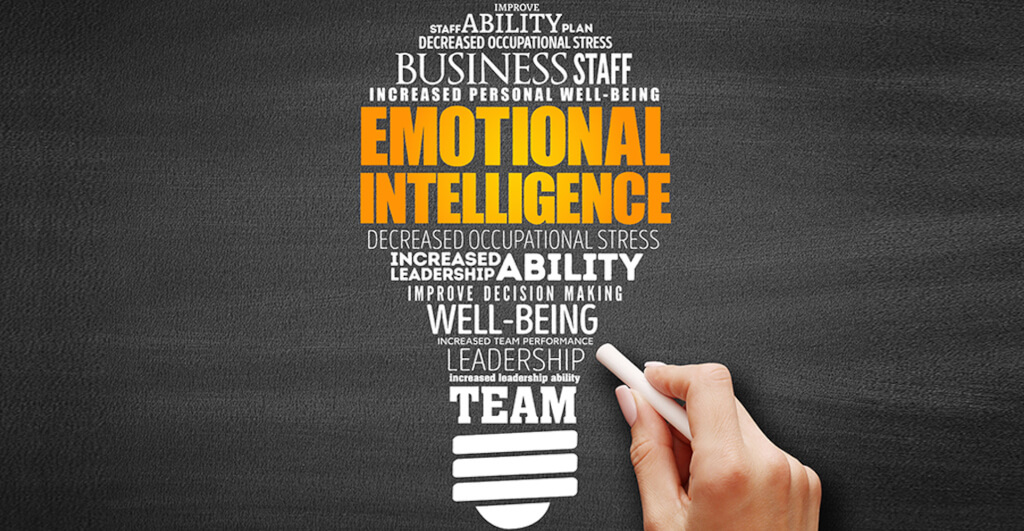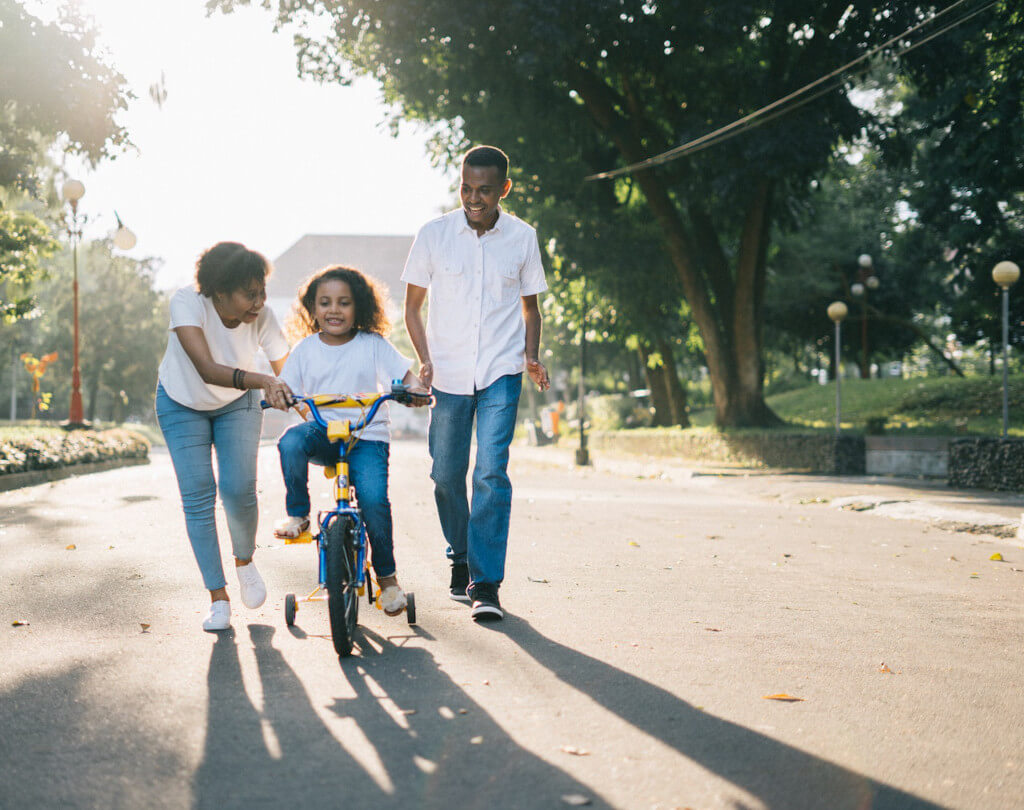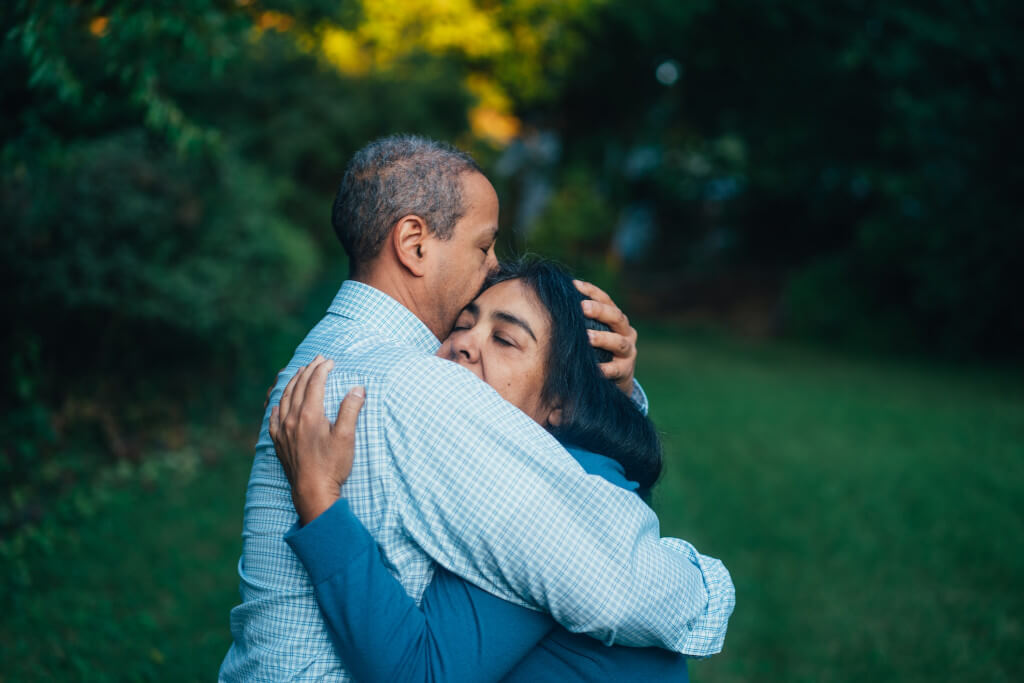Do you frequently prioritize the needs of others before your own? Do you feel obligated to help your loved ones? If you answered yes, you might be codependent. The following issues will be addressed in this article:
What exactly is codependency in addiction?
Codependents frequently feel responsible for the tasks of others, especially if a loved one is addicted to drugs or alcohol. They will feel as if their loved one requires their assistance, which the addict will frequently take advantage of. Even if they are in an abusive relationship, codependents may find it difficult to say “no” to their addicted loved ones. Codependents believe that if they continue to care for and love the addict, the addict will eventually stop using drugs or alcohol, and they may even blame themselves for the addiction.
Unknowingly, codependents contribute to addiction by preventing the alcoholic or addict from accepting responsibility for their actions. Codependents frequently fail to make decisions on their own and rely on others to do it for them. Codependents use this to make themselves feel desirable and cherished. If they do not receive the same sympathy, they may become furious and outraged.
Taking up the addict’s responsibilities may conflict with their own responsibilities at work or at home. This could lead to the loss of other important relationships, careers, and even financial difficulty.
What exactly is Codependency Treatment?
Codependency can be addressed in a variety of ways.
Living at an addiction treatment facility where you will receive counselling and therapy to help you change your behaviour in a secure and supportive environment is the best way to handle codependency. Counselling and treatment teach codependents about their condition, how it impacts them and their loved ones, and new techniques for avoiding similar behaviour in the future.
Friends and relatives of addicts can benefit from Al-Anon and Nar-Anon support groups. They provide support groups to educate families about their loved one’s addiction and to help them heal any relationships that were broken while the individual was using.
The organisation Co-Dependents Anonymous (CoDA) encourages healthy partnerships.
CoDA sessions, which are based on the 12-step Minnesota model, teach members how to create healthy relationships with others and take care of themselves. Hope for codependents comes from understanding. They can change their behaviour by understanding the consequences of their actions. Addiction affects relationships, so it’s vital that family members learn about the disease and its cycle.
Codependency is learned by observing and mimicking other family members who exhibit it. It’s often passed down through generations. A child who grew up with a codependent parent may repeat the pattern. In dysfunctional families, members’ anger, pain, fear, or shame are often denied or ignored. Individual or group therapy can help codependent people. An expert can help them acknowledge and express feelings buried since childhood.
Al-Anon: http://www.al-anon.alateen.org/
Nar-Anon: http://www.nar-anon.org/Nar-Anon/Nar-Anon_Home.html
CoDA: http://www.coda.org/
https://www.recoverydirect.co.za/codependency/




